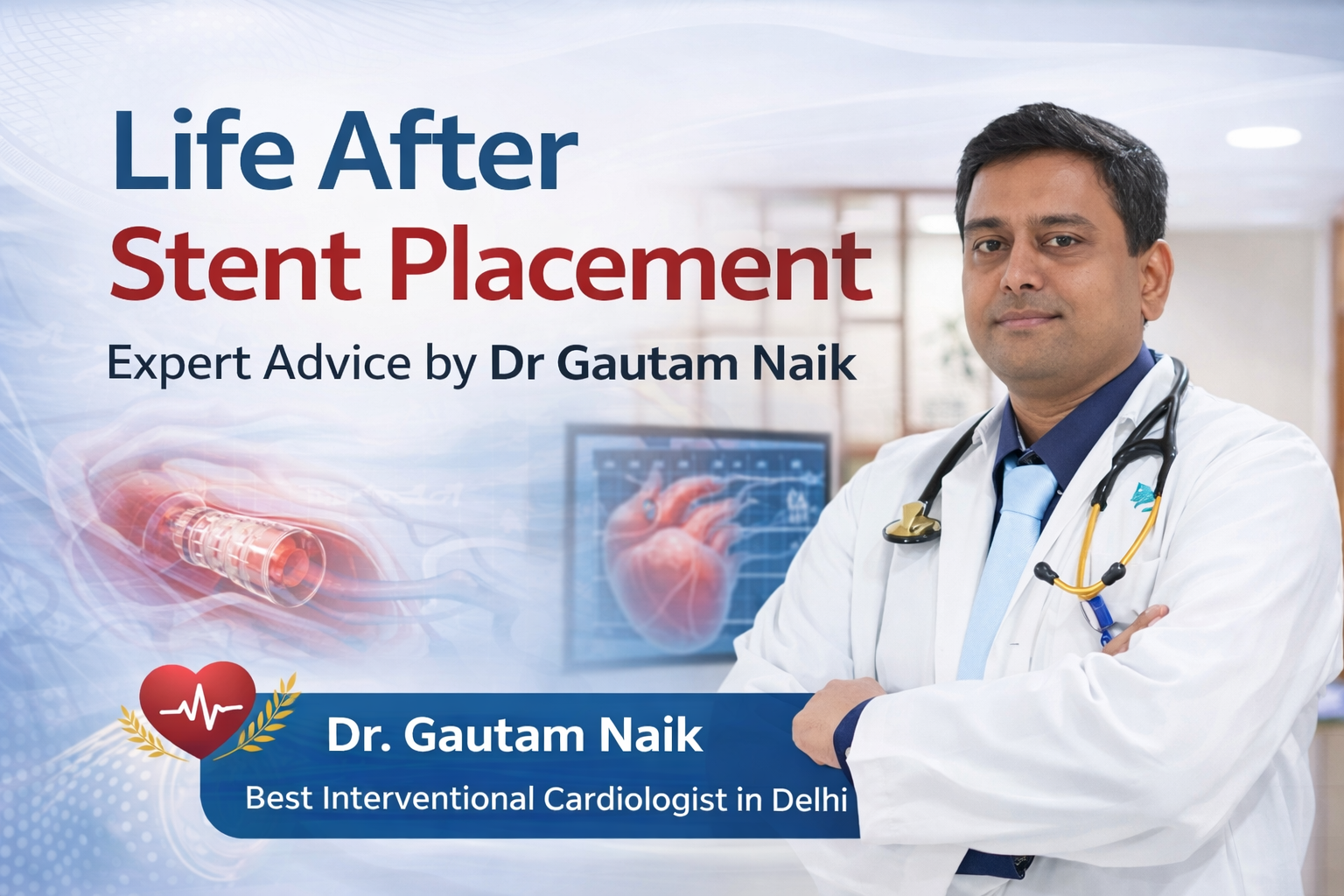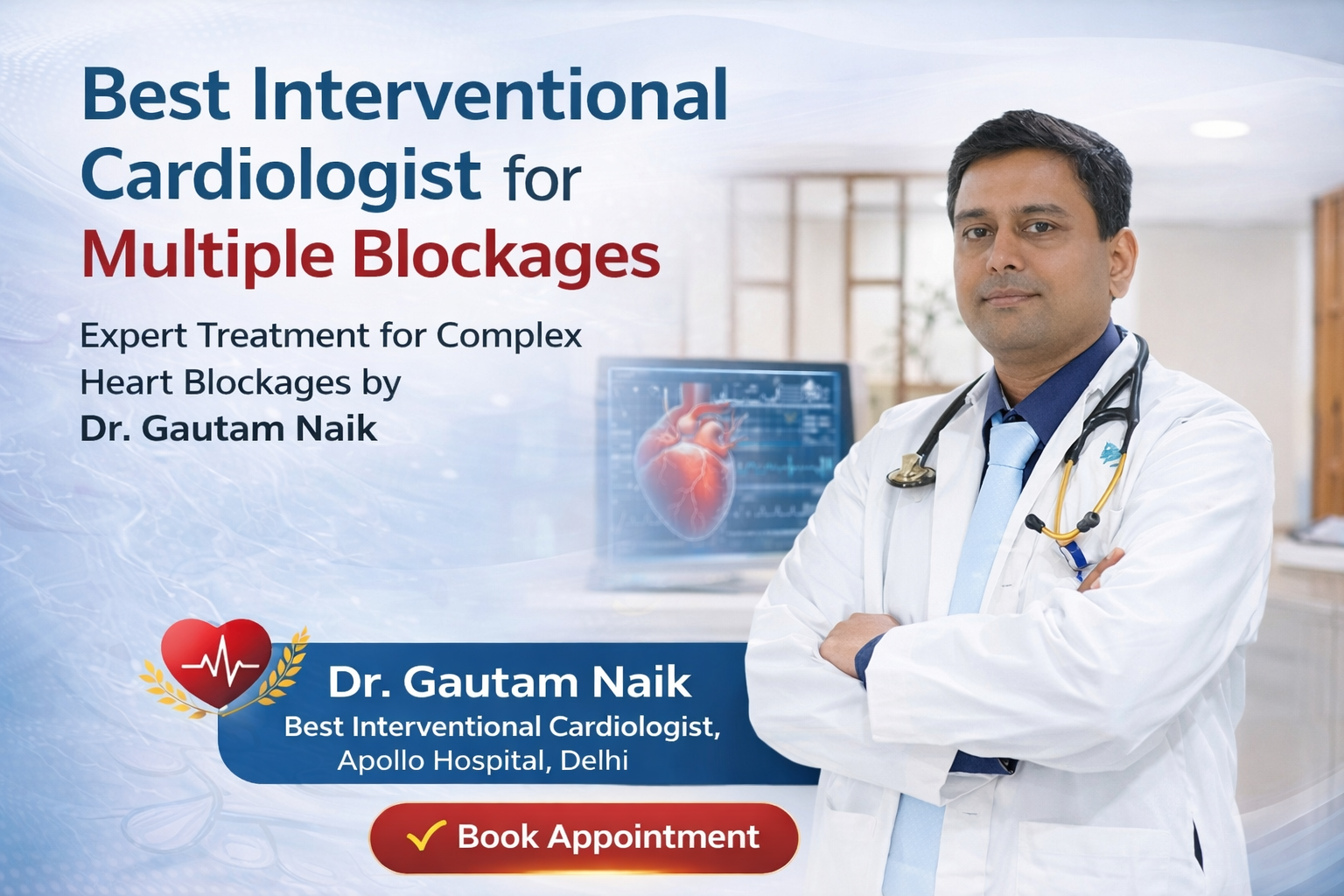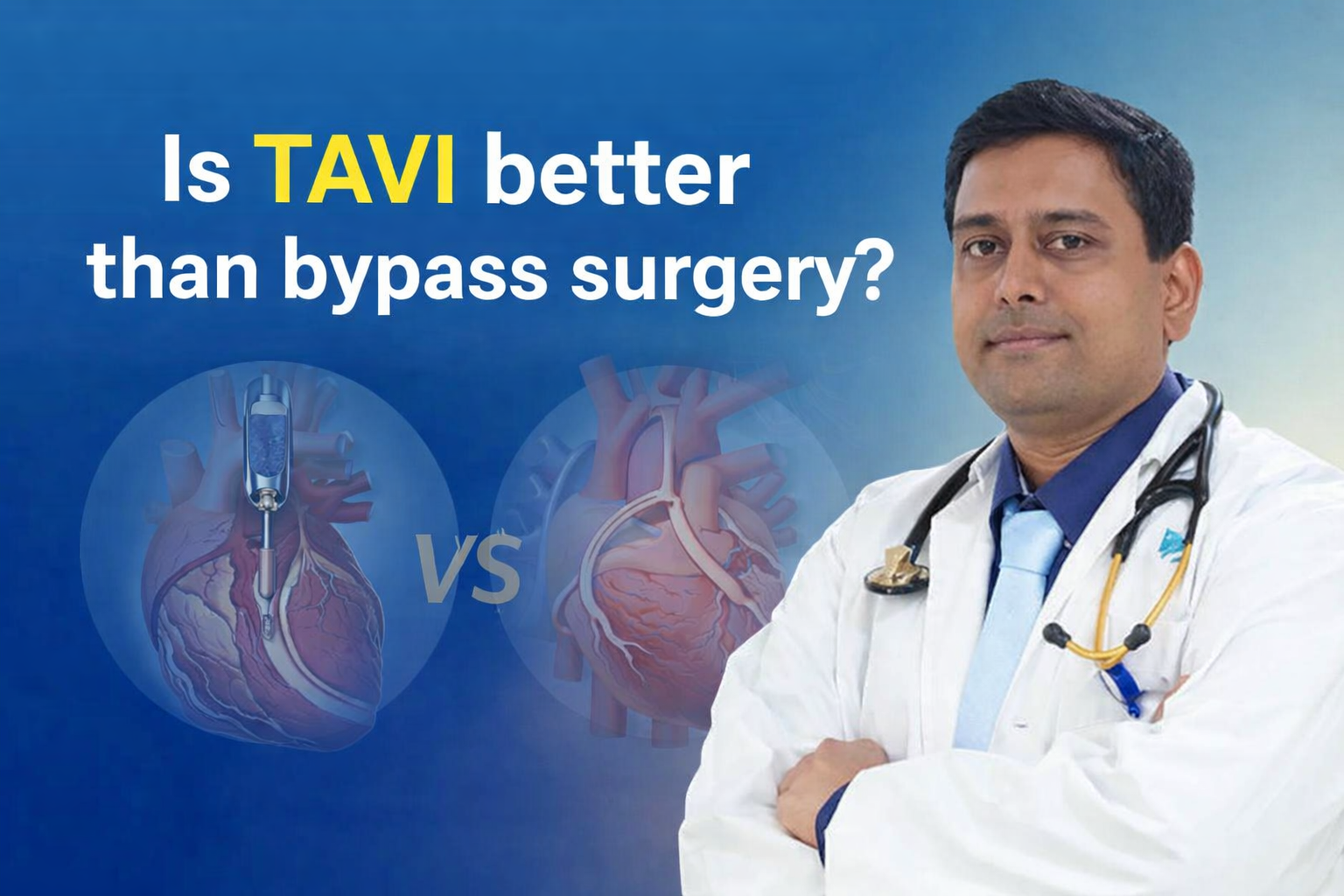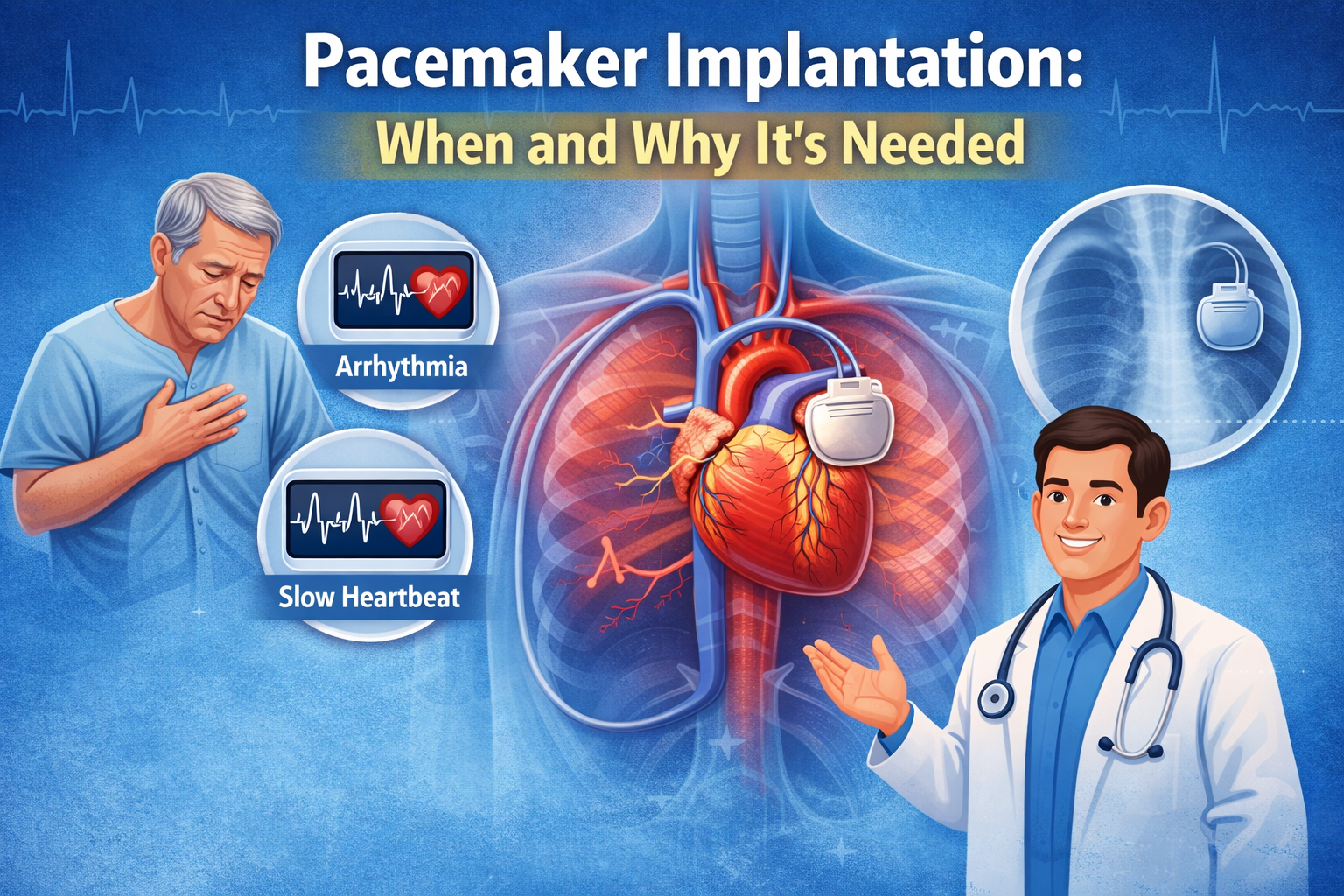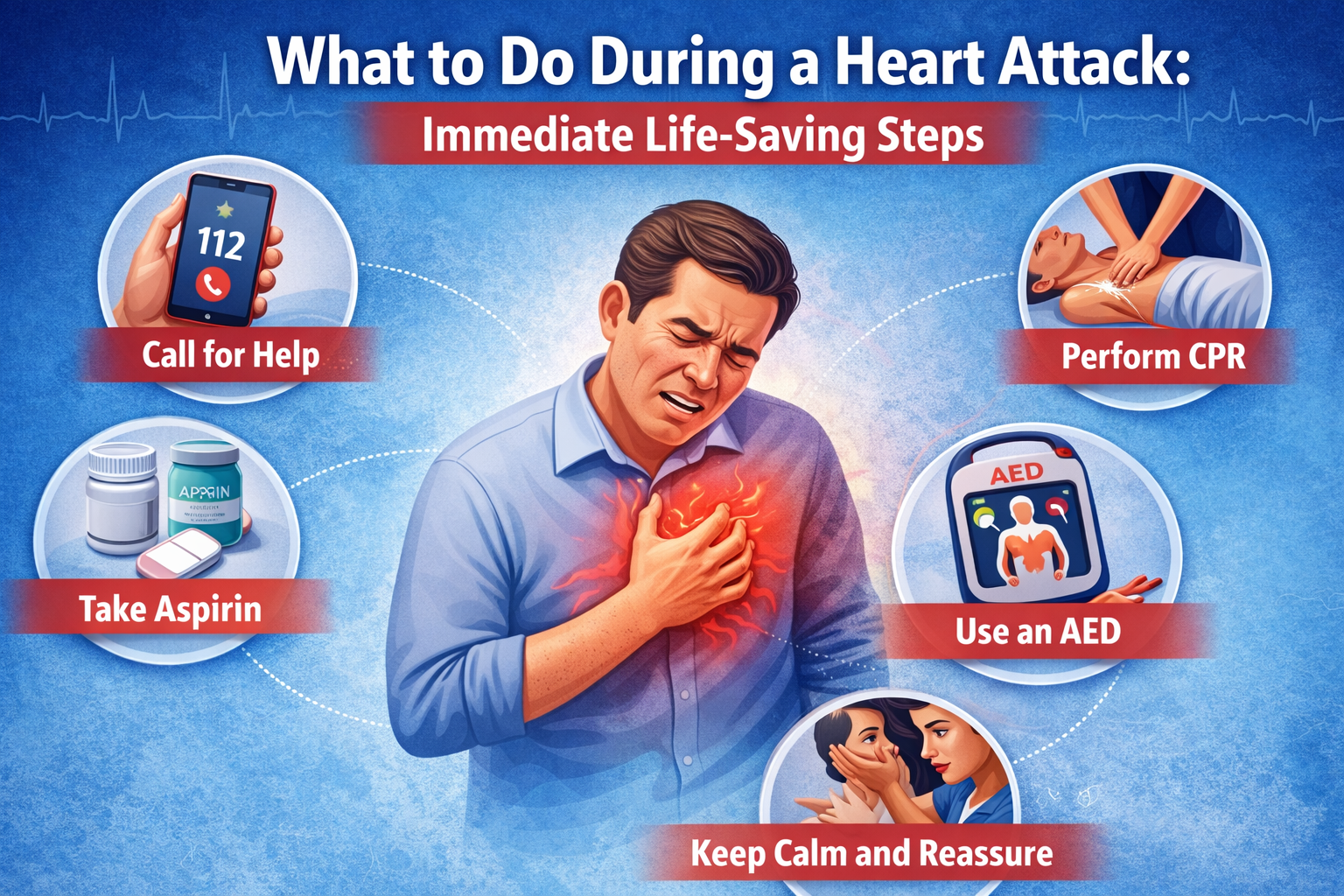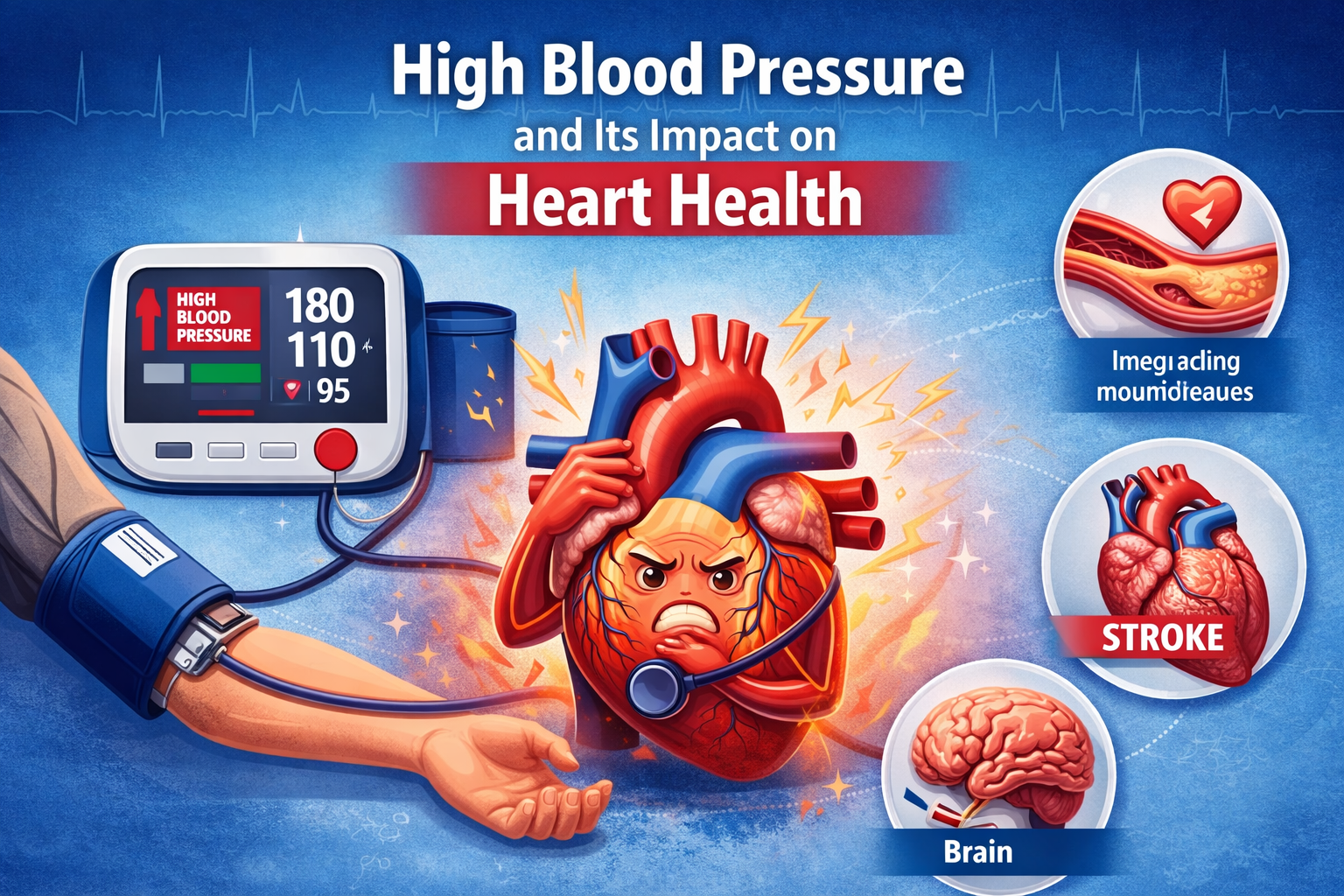
Heart attacks are among the leading causes of sudden death worldwide. But did you know that the risk of a heart attack is highest in the early morning hours, especially between 6 AM and 12 noon?
This phenomenon is not just a coincidence. Medical science has found solid links between our body’s internal clock (circadian rhythm), hormonal changes, and fluctuations in blood pressure that make the early hours particularly dangerous for those at risk of cardiovascular disease.
In this blog, we will explore why heart attacks are more common in the morning, what role biological rhythms play, and how expert cardiologists like Dr. Gautam Naik, widely regarded as the best cardiologist in Faridabad, can help you understand and mitigate these risks.
According to multiple studies, including those published by the American Heart Association, heart attacks tend to occur more frequently in the early morning compared to other times of the day. Several physiological changes that occur as we wake up are responsible for this increased vulnerability.
Our body runs on a 24-hour internal clock known as the circadian rhythm. This clock influences sleep, metabolism, hormone secretion, and—most importantly—cardiovascular function.
During the early morning:
These changes can put additional stress on the cardiovascular system, particularly in individuals with existing heart disease or risk factors like hypertension, high cholesterol, or diabetes.
When we sleep, our blood pressure naturally lowers. But upon waking, there’s a sharp surge in blood pressure, known as the “morning surge.”
In individuals with poor vascular health or stiff arteries:
This is why doctors emphasize blood pressure monitoring, especially for hypertensive patients.
Morning time triggers the release of several hormones:
These hormones:
Combined, they increase the oxygen demand on the heart, which can be dangerous for patients with narrowed coronary arteries.
Our blood tends to be more viscous (thicker) in the morning, and platelets are stickier. This raises the risk of blood clot formation in narrowed or blocked arteries.
The combination of increased clotting, high blood pressure, and hormonal activity can result in sudden plaque rupture—a common cause of heart attacks.
Many people ignore early signs, attributing them to tiredness or indigestion. It’s crucial to recognize symptoms, especially in the morning:
If you or someone you know experiences these symptoms in the early morning hours, seek emergency care immediately.
You’re more likely to suffer a morning heart attack if you:
Dr. Gautam Naik, one of the leading cardiologists in Faridabad, stresses the importance of early detection and risk factor management, especially for individuals with a high-risk profile.
Some heart medications work best when taken at night to counter the morning surge in pressure and clotting. Talk to your doctor about what’s best for you.
But not too early. Avoid intense workouts immediately upon waking. Allow your body to fully wake up before engaging in physical activity.
Early screening and regular cardiac evaluations can prevent silent progression of heart disease.
If you’re concerned about your heart health or morning heart attack risks, consult Dr. Gautam Naik, a senior and highly skilled cardiologist serving Faridabad and Delhi NCR.
He is renowned for diagnosing hidden heart conditions, managing chronic cardiovascular issues, and helping patients lead healthier lives with minimal intervention.
Heart attacks are not random—they follow patterns, and the morning hours are the most dangerous window. This is due to a complex mix of biological processes involving blood pressure spikes, hormone surges, and circadian rhythms.
The good news? Heart attacks can often be prevented with awareness, lifestyle changes, and timely medical intervention.
If you live in or around Faridabad and are concerned about your cardiac health, Dr. Gautam Naik is the best cardiologist in Faridabad you can trust for expert advice, advanced diagnostics, and preventive care.
📍Consult Dr. Gautam Naik – Best Cardiologist in Faridabad
📞 Call Now: 85277 18228
🏥 Location: Apollo Hospital, Delhi NCR
🫀 Your Heart Deserves Expert Attention—Don’t Wait for a Warning Sign.
